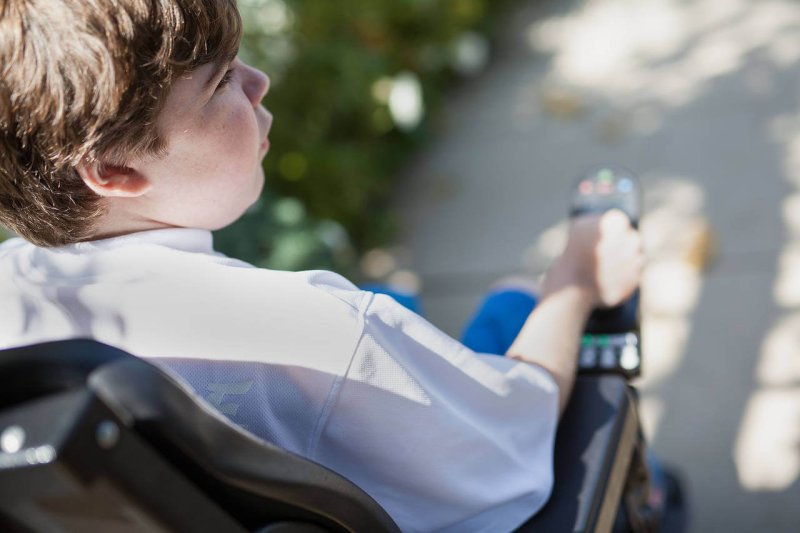The FDA has imposed a full clinical hold on Solid Biosciences’ Phase I/II trial for its lead candidate, the Duchenne muscular dystrophy (DMD) gene therapy SGT-001, the company acknowledged.
GNITE DMD had been on a partial clinical hold since November pending submission to the FDA of “additional CMC [chemistry, manufacturing, and control] information that demonstrates that manufacturing capacity and product attributes can support the high-dose group,” Solid disclosed in a January 25 update to its preliminary prospectus for its S-1 initial public offering (IPO) filing.
…
Concerns over the dosing of patients in IGNITE DMD led to gene therapy pioneer James M. Wilson, M.D., Ph.D., resigning from Solid’s Scientific Advisory Board. According to an amended IPO filing, Dr. Wilson’s resignation followed “emerging concerns about the possible risks of high systemic dosing of AAV [adeno-associated virus].”
Days after the resignation disclosure, on January 30, Dr. Wilson and colleagues raised concerns about high-dose gene therapy by publishing a study that detailed instances of severe, life-threatening toxicity in monkeys and piglets given high doses of gene therapy delivered using an adeno-associated virus serotype 9 (AAV9) vector capable of accessing spinal cord neurons.
The study, “Severe Toxicity in Nonhuman Primates and Piglets Following High-Dose Intravenous Administration of an AAV Vector Expressing Human SMN,” was published in Human Gene Therapy, a journal of GEN publisher Mary Ann Liebert Inc.
Read full, original post: FDA Places Full Clinical Hold on Solid Biosciences Trial for DMD Gene Therapy































